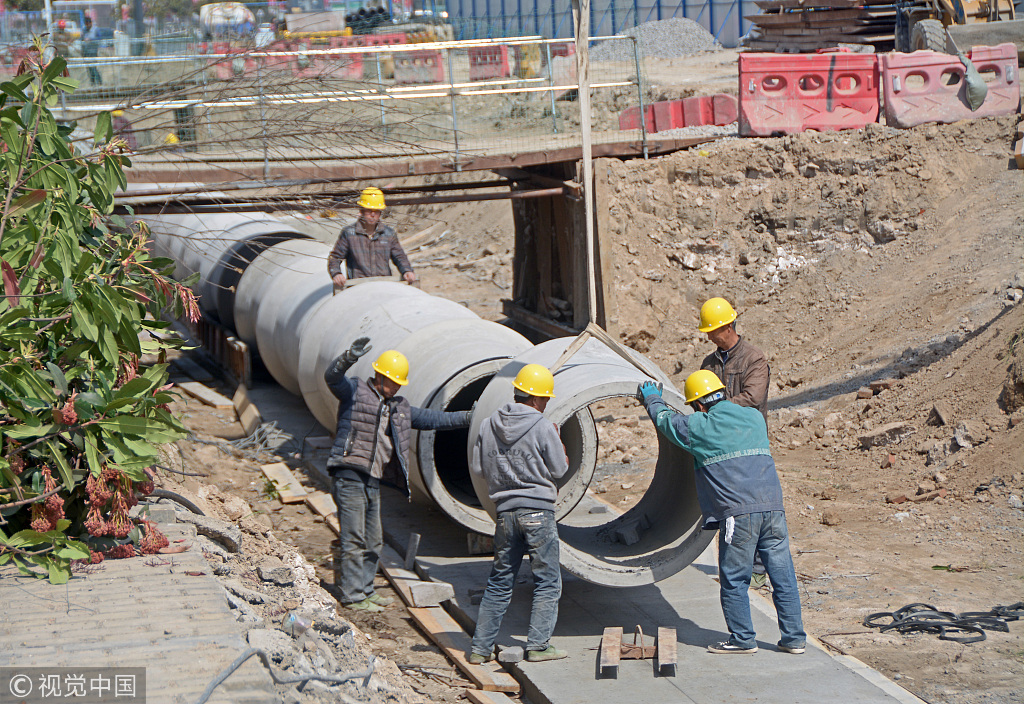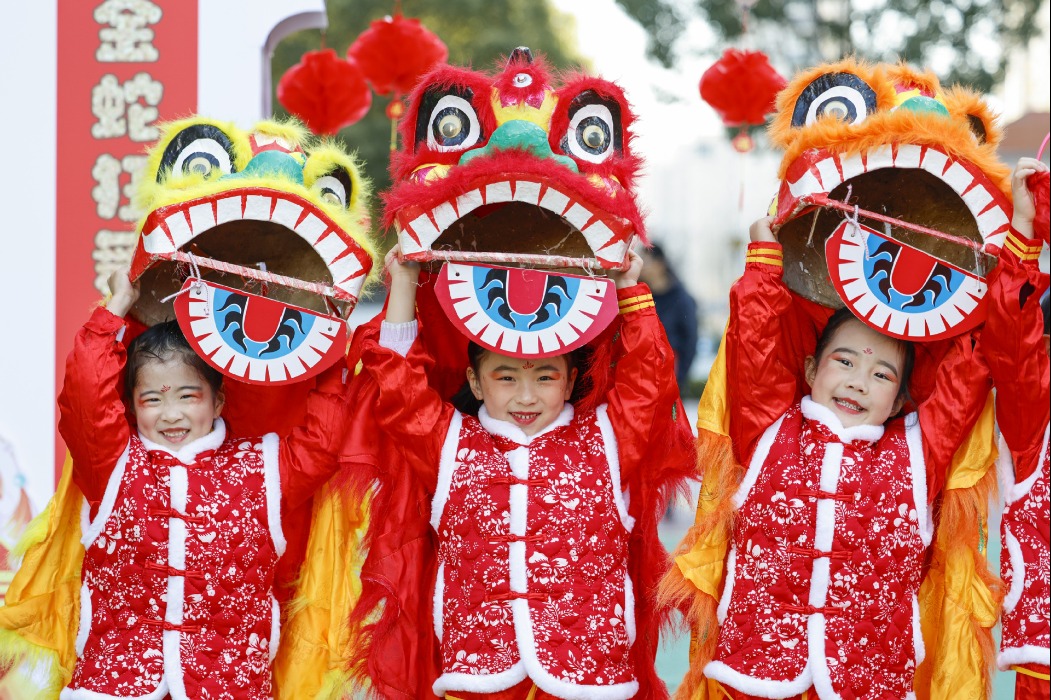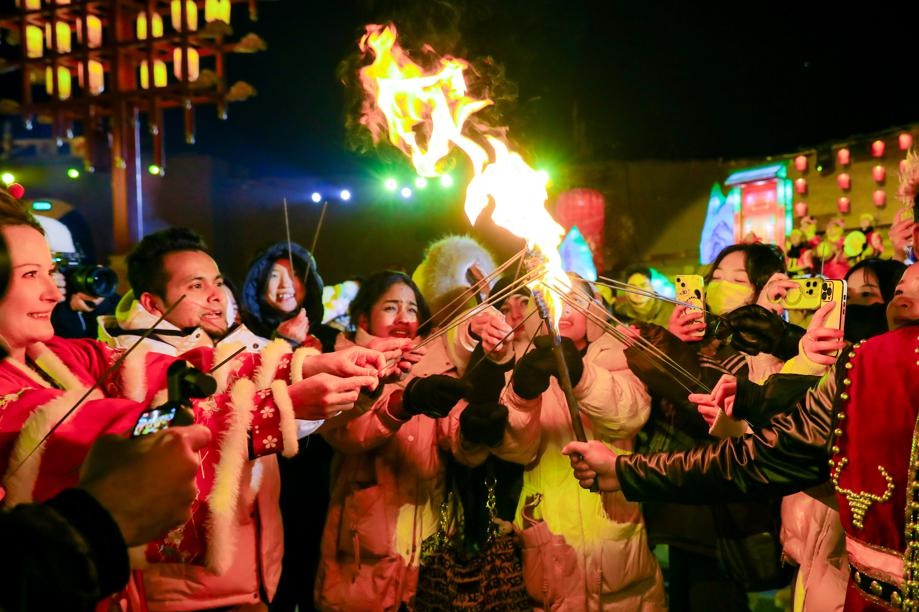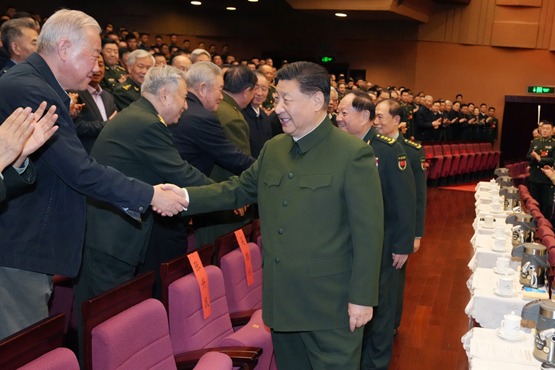Jiangsu pledges to rejuvenate the waterway


The chemical industry contributes greatly to Jiangsu's economy, but since 2016, authorities in the eastern province have closed 3,000 heavily polluting factories to protect the Yangtze River.
From January to October, 882 chemical factories and 1,421 factories that failed to meet environmental protection standards were closed, according to the Jiangsu Ecology and Environment Department.
The Yangtze runs for 400 kilometers through the province, providing 80 percent of the water used for drinking and industrial production.
Last year, Jiangsu's GDP surpassed 9.25 trillion yuan ($1.38 trillion), with cities along the river contributing about 80 percent of the total, according to the National Bureau of Statistics.
On May 2, less than a week after President Xi Jinping made a speech promoting the development of the Yangtze River Economic Belt in which he reiterated the importance of environmental protection, the province's top leaders sailed down the river to assess the layout of industrial clusters and protection measures.
In August, Jiangsu put forward a plan to close every industrial park that failed to meet environmental protection standards by 2020.
Authorities also announced that production of crude steel would be reduced and more than 2 million kilowatts of outdated coal-fired power generators would be shuttered.
In 2016, the province announced plans to reduce the number of chemical plants, reduce the use of coal and restore the Yangtze's waters.
In 2017, it tackled 100 heavily polluted, malodorous rivers in urban areas, and closed or moved 10,372 livestock farms that polluted local waterways.
Luo Qun, deputy secretary of the Party working committee of Nanjing's Jiangbei New Area, which is home to many industrial parks and chemical factories, said effective measures have been taken to tackle chemical pollution in the area.





































